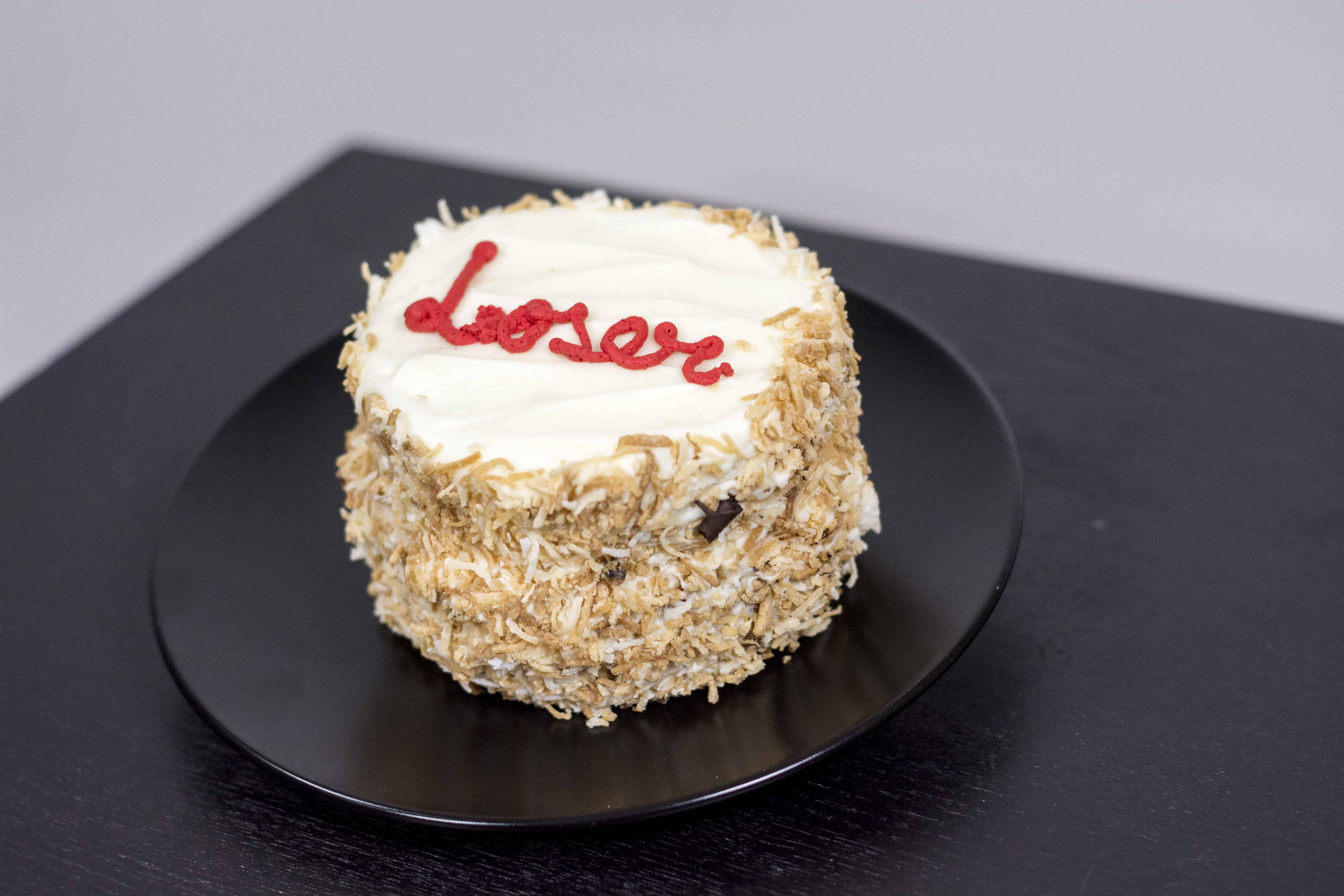The 2014 TV comedy Garfunkel and Oates, starring musical comedy duo Riki Lindhome and Kate Micucci as fictionalized versions of themselves, seemed like it would fit in well with the lineup of quirky comedies on the US TV network IFC. Yet it only lasted for eight 22-minute episodes before being cancelled.
Despite an existing fanbase from the duo’s popular music videos on YouTube, the show did not garner enough viewers to be renewed for a second season, nor did it achieve the same critical acclaim or accolades as other TV shows in the musical comedy genre, like the 2015 show Crazy Ex-Girlfriend.
Ultimately, Garfunkel and Oates’ attempt to produce a successful comedy series ended with a widely publicized failure. But in the context of failure, it’s important to look at how the show ended. Garfunkel and Oates still managed to conclude with a poignant, emotionally-resonant finale involving both characters working towards a goal but ultimately failing, as well as a musical number that celebrates the value of trying over merely spectating.
When faced with the prospect of trying and failing, in a competitive setting like U of T, it is often easier not to try at all. In the world of academia, there is a tangible stigma surrounding failure, whether in the context of a course, competition, or job opportunity. It can be jarring to suddenly experience hardship and loss, especially if you were an overachiever prior to attending U of T.
While Garfunkel and Oates celebrate loss and failure as a necessary part of life, many students avoid situations that may result in failure — a norm that needs to be more openly challenged.
Trying is difficult: it is easier to set a low bar, achieve an easily obtainable goal, and completely avoid failure. But doing so means making the mistake of setting goals that may not be challenging enough.
For instance, if you are consistently receiving a ‘B’ in a course and do not motivate yourself to try and snag an ‘A’ on the final, you may be preventing your own growth and improvement. You may be avoiding the sting of failure, but at the same time, you are depriving yourself of the valuable drive, determination, and passion needed to achieve your goals.
Picture yourself as a student interested in running for a masthead position at The Varsity or trying to obtain a position within another group on campus. A lack of experience might lead you to doubt yourself. Still, by running for a position — and potentially losing — you are acquainting yourself with the process, and you can use this valuable experience as a stepping stone to do better in the future.
The alternatives to these scenarios are undesirable. While you may temporarily feel better about yourself for evading failure, you will not have gained the valuable experience of toiling through the process.
We need to overcome the stigma against loss and failure, in order to embrace the act of trying and failing. Though it can be difficult to break away from peer and family pressures, when it comes to your own achievements, it does not matter how other people perceive your losses and failures — just pay attention to your own personal growth and improvement.
What we can learn from Garfunkel, Oates and campus experience is that fear of failure should never hamper your efforts to succeed.
And if you fail, Garfunkel and Oates say, “Who really cares? At least you tried.”
Avneet Sharma is a second-year student at Trinity College studying English and Book and Media Studies. His column appears every three weeks.


